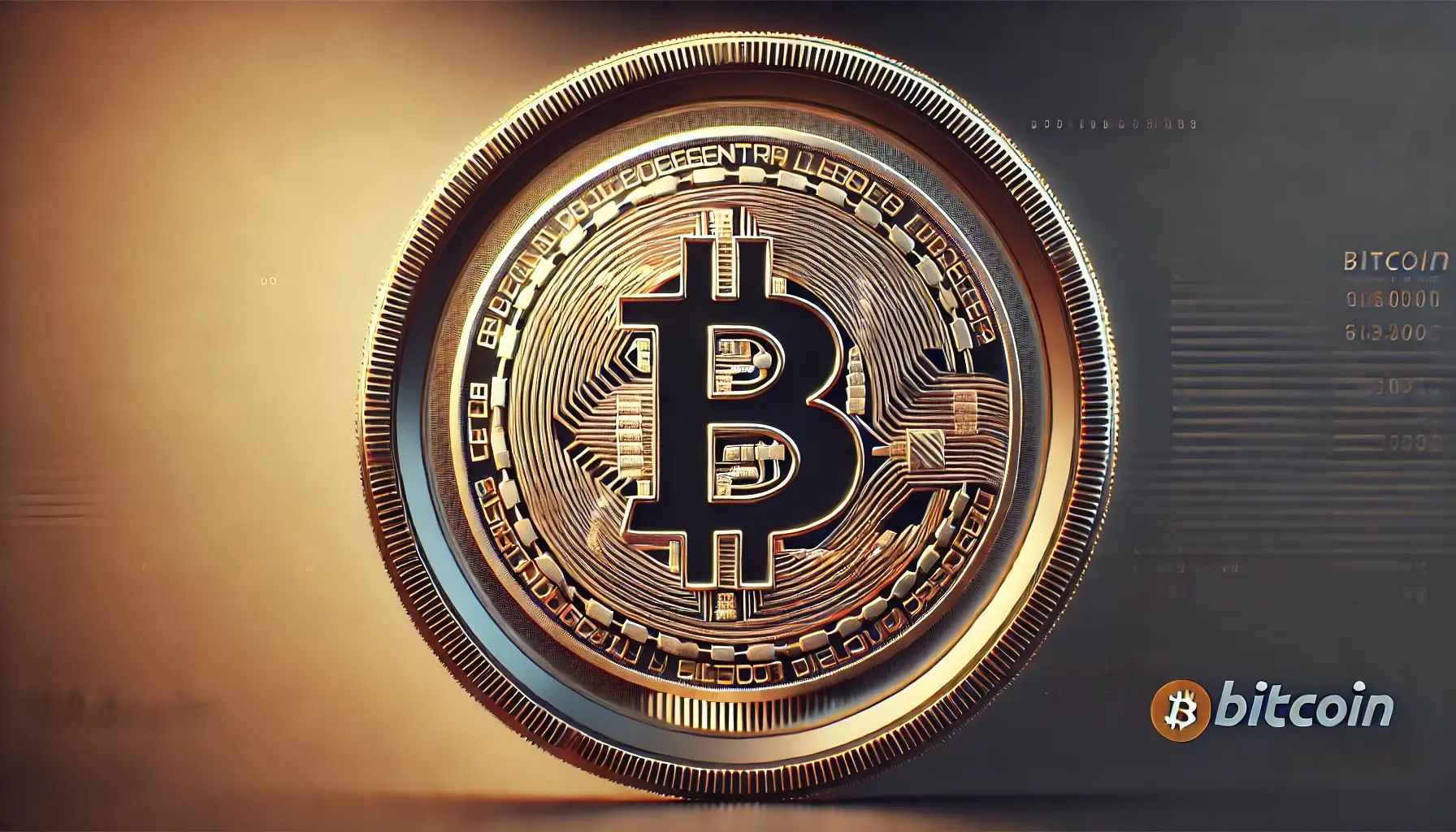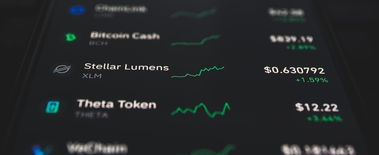As US-China trade tensions increase, Bitcoin miners are preparing for repercussions. An anticipated tariff hike on imported mining equipment has triggered a rush to secure ASICs. Companies like Luxor Technology are trying to import thousands of devices before tariffs take effect. Companies are collectively chartering private flights to accelerate shipments from Southeast Asia.
For example, Lauren Lin, chief of hardware at Luxor, is rushing to send 5,600 machines from Thailand before the tariffs kick in. This rush is fueled by the fear of higher expenses, with tariffs reaching as high as 36% for Thailand and 24% for Malaysia. The urgency shows the industry’s dependence on imported equipment and the potential disruption these taxes could bring.
Economic and Regulatory Implications
The new tariffs are changing the economics of Bitcoin mining in the US, increasing costs and decreasing profit margins. A 25% tax on Chinese mining equipment increases costs for US miners, harming large-scale miners depending on the updates. Smaller enterprises are hit the hardest, with hardware prices taking up to 40% of their total spending.
In Q1 2025, US miners purchased ASICs worth $860 million, illustrating the industry’s dependency on imported technology. To avoid taxes, miners are chartering pricey planes from China and Southeast Asia, costing between $2 million and $3.5 million per trip. These tariffs might cut profit margins, driving some miners out of business and potentially transferring mining power globally.
Future Development in Bitcoin Mining
Industry executives are closely monitoring these developments as they could change the entire landscape of Bitcoin mining. The Bitcoin mining sector is experiencing changes driven by fluctuating tariffs and the inevitable halving event. ASIC prices have fluctuated as miners hurry to obtain equipment, with demand peaking before tariffs climb.
This scramble has temporarily raised hardware costs, disproportionately impacting smaller operations. Meanwhile, larger corporations like Marathon Digital invest heavily in renewable energy and efficiency upgrades to remain competitive. These forces might change global mining power, forcing smaller miners out and consolidating operations among major firms.
READ MORE: PENGU Down 26% This Week: Can Pudgy Penguins Rebound?













